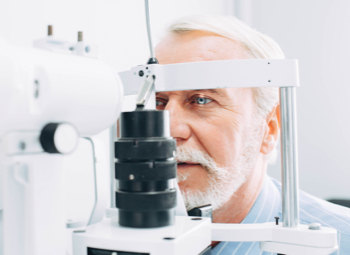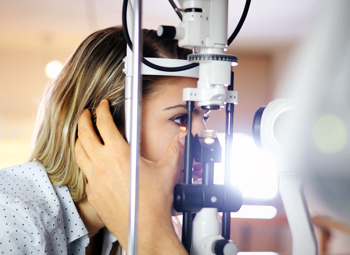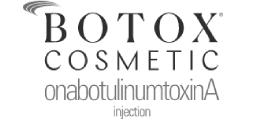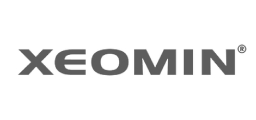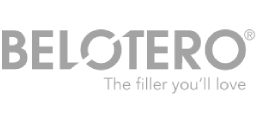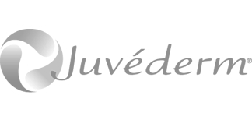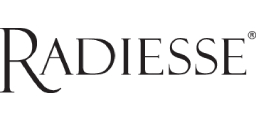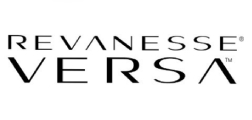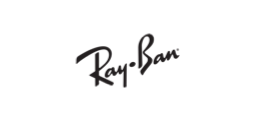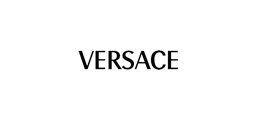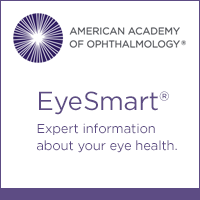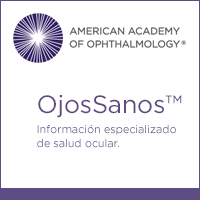Similar to LASIK, PRK (photorefractive keratectomy) is a refractive surgery used to correct vision problems. If light does not refract properly when it enters your eye, you may experience blurred vision – referred to as a refractive error. Types of refractive errors that PRK can correct are myopia, hyperopia, and astigmatism.
PRK uses a precise laser called an excimer laser to reshape your cornea. Results usually significantly reduce your need for corrective lenses.
Before PRK
PRK may be a more suitable refractive surgery for individuals withdry eyes or thin corneas. However, we will be able to recommend the best procedure for your unique needs after a consultation.
In some cases, PRK may be a better option for people with active lifestyles, as there is no chance of the flap being dislodged, which can happen after LASIK. Before the procedure, we will discuss your needs and goals to understand which refractive surgery would suit you better. Additionally, we’ll check your eyes for any other problems that may increase the risk of complications.
The Procedure
PRK is a quick and efficient procedure that takes around 15 minutes per eye to complete. First, we’ll give you numbing eye drops, and your eye will be held open with an eyelid speculum.
We’ll use a special brush, blade, laser, or alcohol solution to remove the outer layer of your cornea called the epithelium. We’ll then reshape the cornea with an excimer laser to correct your vision.
Healing
After the procedure the surgeon will place a bandage contact lens on your eye to reduce pain and assist with healing. You’ll likely still feel some discomfort or eye pain for a few days following the surgery. Over-the-counter pain management may be helpful. We will also prescribe eye drops to help manage discomfort, prevent infection, and promote healing.
Your vision will be blurry after PRK but should gradually improve over the following few days. It may take a month or longer to achieve your best vision.
Make sure to arrange for a ride home after the procedure, as your vision will not be good enough to drive. We recommend taking a nap or just relaxing when you get home.
If you’re interested in PRK, please schedule a consultation so we can discuss your goals and recommend the best procedure for you.


